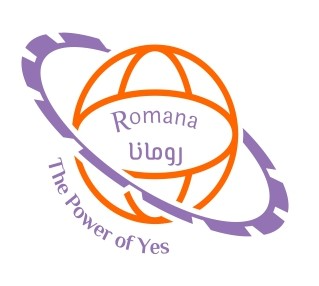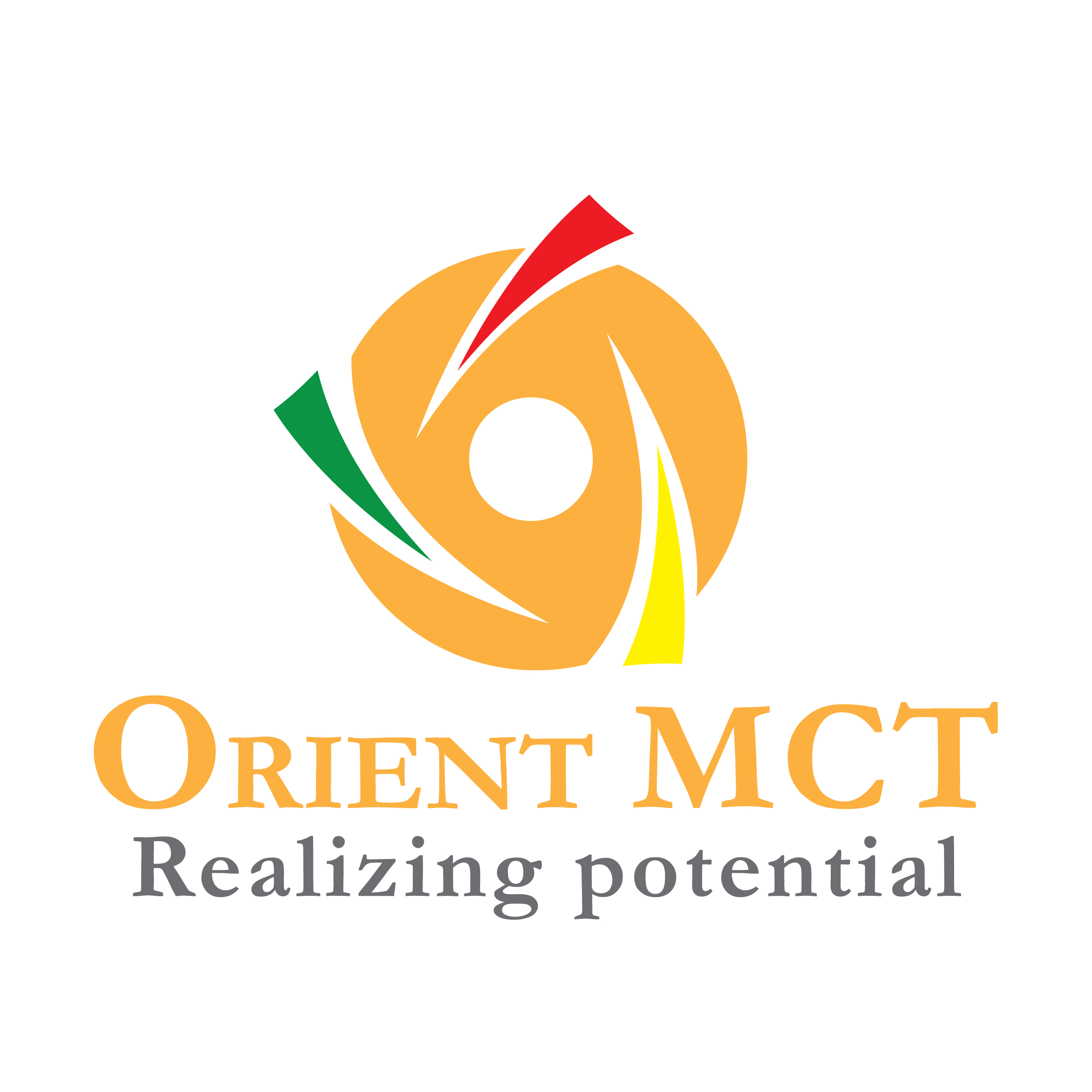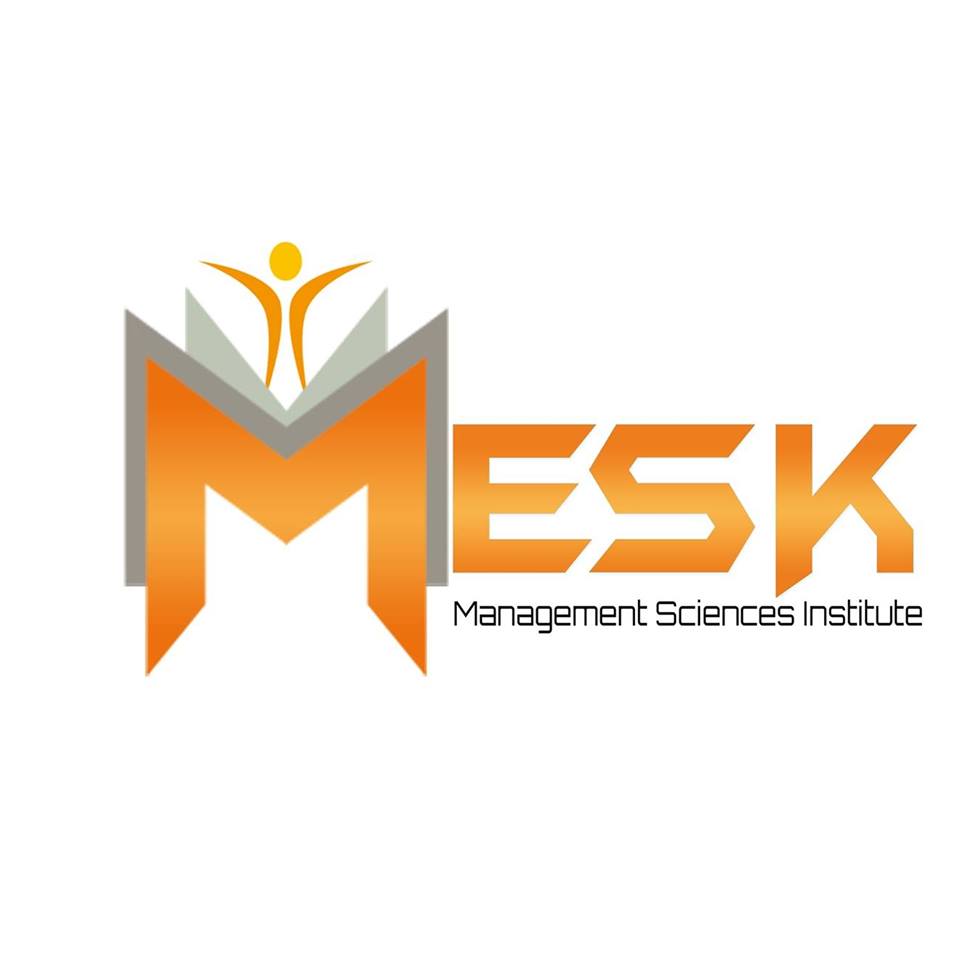Safety in industrial plant operations is crucial to protect workers, equipment, and the environment from hazards associated with machinery, chemicals, and industrial processes. Ensuring safety requires a proactive approach that includes training, proper equipment maintenance, hazard identification,

1. Regulations & Compliance
Follows OSHA 29 CFR 1910 (General Industry Standards) and other industry-specific regulations to ensure that industrial operations are conducted safely.
Operators, supervisors, and safety personnel must be trained in safety standards and comply with local, state, and federal regulations to prevent accidents and ensure a safe working environment.
2. Hazard Identification & Risk Assessment
Conduct Regular Risk Assessments: Identify potential hazards related to equipment, machinery, chemicals, or the work environment (e.g., noise, vibration, or poor air quality).
Classify Hazards: Categorize hazards into physical, chemical, ergonomic, and environmental risks to determine appropriate control measures.
Prioritize Risk Control: Implement effective controls, such as engineering controls (e.g., machine guards), administrative controls (e.g., work schedules), and PPE (personal protective equipment) to mitigate the risks.
3. Equipment & Machinery Safety
Regular Maintenance: Ensure that all machines and equipment are regularly maintained and inspected to prevent malfunctions, breakdowns, or unsafe operating conditions.
Lockout/Tagout (LOTO): Use the LOTO procedure to ensure that machinery is de-energized and cannot be accidentally started during maintenance or repair.
Machine Guarding: Install appropriate machine guards, such as safety shields or barriers, to prevent accidental contact with moving parts.
Operator Training: Ensure that all operators are trained in the safe operation of equipment and understand how to handle emergency situations.
4. Chemical & Hazardous Material Safety
Safe Chemical Handling: Follow the Globally Harmonized System (GHS) for labeling chemicals and ensure workers are aware of the potential hazards.
Proper Storage: Store chemicals and hazardous materials in designated, well-ventilated areas, and ensure that containers are labeled and sealed correctly to prevent leaks and spills.
Material Safety Data Sheets (MSDS): Provide access to MSDS for all chemicals used in the plant to ensure workers are aware of the properties, handling instructions, and emergency procedures.
Spill Containment: Have spill containment measures in place, including absorbents and neutralizing agents, to quickly address any spills and prevent environmental contamination.
5. Personal Protective Equipment (PPE)
Proper PPE Selection: Ensure that workers wear appropriate PPE for their tasks, such as hard hats, safety goggles, ear protection, gloves, respirators, and safety boots.
Maintenance & Inspection: Regularly inspect and maintain PPE to ensure it is in good condition and capable of providing adequate protection.
Training on PPE Use: Provide training on the correct use, maintenance, and limitations of PPE to ensure maximum effectiveness.
6. Emergency Response & Fire Safety
Emergency Response Plan: Develop and communicate a comprehensive emergency response plan that includes procedures for fire, chemical spills, equipment malfunctions, and medical emergencies.
Fire Extinguishers & Suppression Systems: Install the appropriate fire extinguishers and fire suppression systems (e.g., sprinklers, fire blankets) throughout the plant. Ensure that staff are trained in fire safety and know how to use fire extinguishers.
Evacuation Routes: Clearly mark evacuation routes, exits, and assembly points, and conduct regular emergency drills to ensure all personnel are familiar with the procedures.
First Aid Training: Provide first aid and CPR training to key personnel to respond to medical emergencies.
7. Environmental Safety
Waste Management: Implement proper waste disposal and recycling procedures for both hazardous and non-hazardous materials to minimize environmental impact.
Air & Water Quality: Monitor air and water quality to ensure compliance with environmental regulations. Use dust extraction and filtration systems to minimize exposure to airborne contaminants.
Noise Control: Implement noise control measures such as soundproofing, ear protection, and limiting exposure time to reduce the risk of hearing loss from continuous exposure to high-decibel environments.
8. Safe Work Practices & Procedures
Standard Operating Procedures (SOPs): Develop and enforce SOPs for every task or operation, ensuring consistency and minimizing errors.
Job Safety Analysis (JSA): Conduct JSAs to evaluate the risks involved in tasks before they are performed, ensuring appropriate safety measures are in place.
Supervision & Monitoring: Supervisors should actively monitor operations to ensure that safety practices are followed, and intervene when necessary to prevent unsafe actions.
Housekeeping: Maintain a clean and organized work environment to minimize the risk of accidents, fires, or equipment malfunction.
9. Employee Involvement & Training
Ongoing Training: Provide regular safety training to all employees, ensuring they are up-to-date on new equipment, procedures, and regulations.
Safety Committees: Encourage worker participation in safety committees or meetings to discuss hazards, improvements, and safety concerns.
Reporting Mechanisms: Establish a system for employees to report hazards, unsafe practices, or near misses without fear of retaliation. This helps identify potential risks before they result in accidents.
10. Certification & Refresher Training
Initial Certification: Includes training on general plant safety, hazard identification, emergency response, safe work practices, and equipment handling.
Refresher Training: Recommended every 1-2 years to ensure workers are kept informed of new safety regulations, updates in machinery or equipment, and any changes in the plant's processes.
In today’s dynamic business environment, maintaining compliance, safety, and quality is essential for success. Romana Skills Training LLC is a KHDA & Dubai Municipality-approved training and consultancy provider dedicated to helping businesses enhance safety standards, meet regulatory requirements, and drive operational excellence.
We offer expert-led training and consulting services in Food Safety (HACCP, ISO 22000), Health & Safety (HSE), Quality Management, and Environmental Compliance, ensuring that organizations across various industries—food manufacturing, hospitality, healthcare, construction, and more—achieve full regulatory compliance and operational efficiency.
With a strong focus on tailored solutions, we empower businesses with practical knowledge and strategies that reduce risks, improve workforce competency, and enhance overall performance. Our commitment to excellence and continuous improvement has helped numerous clients meet Dubai Municipality, ISO, and global safety standards successfully.
Partner with Romana today and unlock excellence in safety and compliance!
(Institute Review)
55 years ago(Institute Review)
55 years ago
Candidates who wish to enroll for this level must complete the CISRS Level 2 Overseas Scaffolder 5 day course and acquire the certificate prior to starting here. It focuses on providing knowledge of Erect, Dismantle and modify scaffolding.

This Scaffold Supervisor course focuses on giving you an orientation on how to deal with the supervision of different Scaffold processes like dismantling, erecting, documentation as per preset standards, storage of scaffold materials etc.

'Industrial Hygiene (Anticipation, Recognition, Evaluation & Control of Occupational Health Hazards)' training is offered by Mesk Management Sciences Institute. Kindly contact us to inquire and find out about the schedule and complete outlin

This training provides knowledge of rescue awareness of the safety concerns at a trench collapse situation. You will be prepared to identify a trench incident and provide assistance to enter and perform rescue services.

This course will develop and broaden your understanding about cost-effective and sustainable ways of managing waste with both national and local context.
© 2025 www.coursetakers.ae All Rights Reserved. Terms and Conditions of use | Privacy Policy